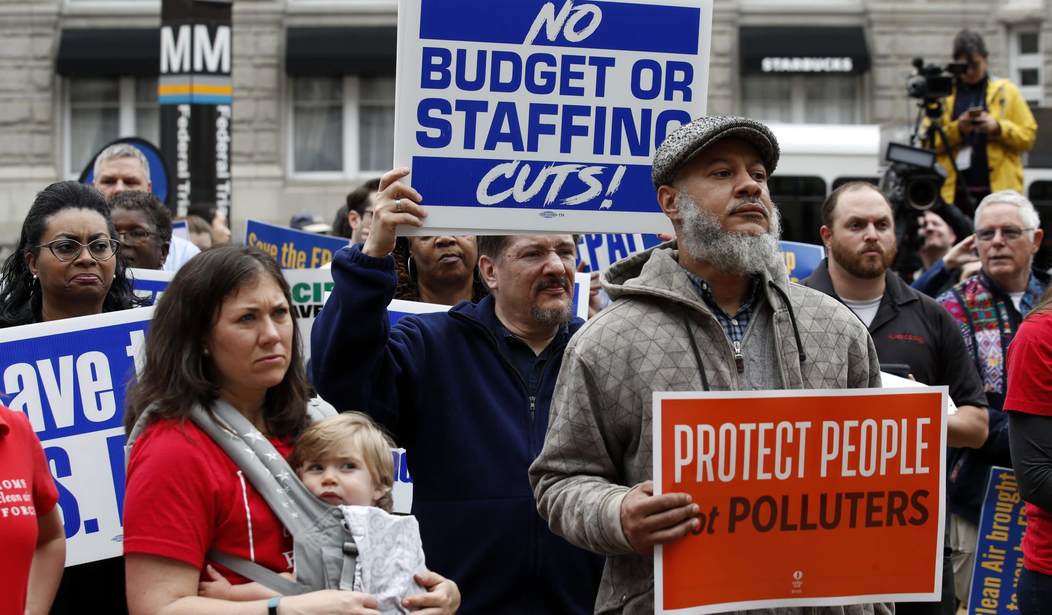WASHINGTON — A judge in the U.S. District Court for the District of Columbia ruled Friday that parts of a May 25 executive order from President Trump making it easier to fire federal workers are unconstitutional, violated the Federal Service Labor-Management Relations Act and are now invalidated.
The “Executive Order Developing Efficient, Effective, and Cost-Reducing Approaches to Federal Sector Collective Bargaining” limited the issues that federal employee unions could bring to the table, rolled back the ability of workers disciplined for poor job performance to appeal, and limited how long union leaders could spend with union members.
The American Federation of Government Employees took the Trump administration to court and said they were “heartened” by the ruling.
“President Trump’s illegal action was a direct assault on the legal rights and protections that Congress specifically guaranteed to the public-sector employees across this country who keep our federal government running every single day,” AFGE National President J. David Cox Sr. said in a statement.
Judge Ketanji Brown Jackson ruled that the unions “have the better of this argument” and that “many of the challenged provisions of the Orders at issue here effectively reduce the scope of the right to bargain collectively as Congress has crafted it, or impair the ability of agency officials to bargain in good faith as Congress has directed, and therefore cannot be sustained.”
The judge found First Amendment violations in the order as well as separation of powers violations, charges made in the first and second lawsuits, respectively, from the unions.
The union said that since the executive order was issued, agencies including the Social Security Administration and Department of Veterans Affairs tried to “eradicate unions from the federal workplace.”
“Now that the judge has issued her decision, I urge all agencies that have attempted to enforce this illegal executive order to restore all previously negotiated contracts and to bargain in good faith with employee representatives on any future changes as required under the law,” Cox said.
Del. Eleanor Holmes Norton (D-D.C.) said in response to the ruling that “federal workers have long been a favorite punching bag for Republicans and they made a special effort in our Oversight and Government Reform Committee and the House of Representatives to do what the Trump executive orders attempted.”
“Seeing the difficulty of gutting federal employees’ collective bargaining rights in the House and the Senate, Republicans apparently turned to the administration to use executive orders instead,” she said. “Had the administration succeeded, it would have been able to place arbitrary time limits on federal employees’ use of official time to advocate on behalf of their colleagues. The orders would have severely weakened due process and made it easier for political appointees and supervisors to engage in unlawful practices, including retaliation against employees for blowing the whistle on abuse and fraud.”
Norton added that “if the administration wants to reduce the amount of time an employee can use to represent another employee, it will have to bargain, as the law requires.”
The Trump administration has not yet responded to the ruling.









Join the conversation as a VIP Member